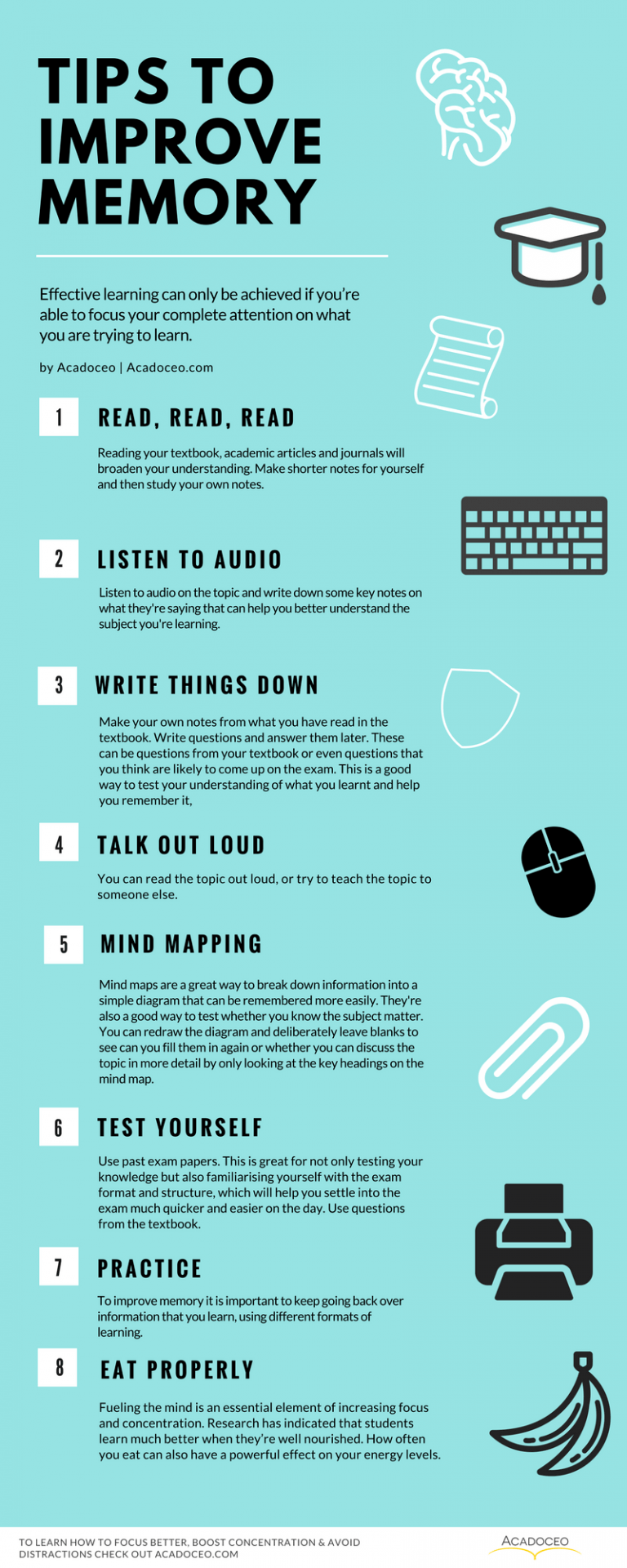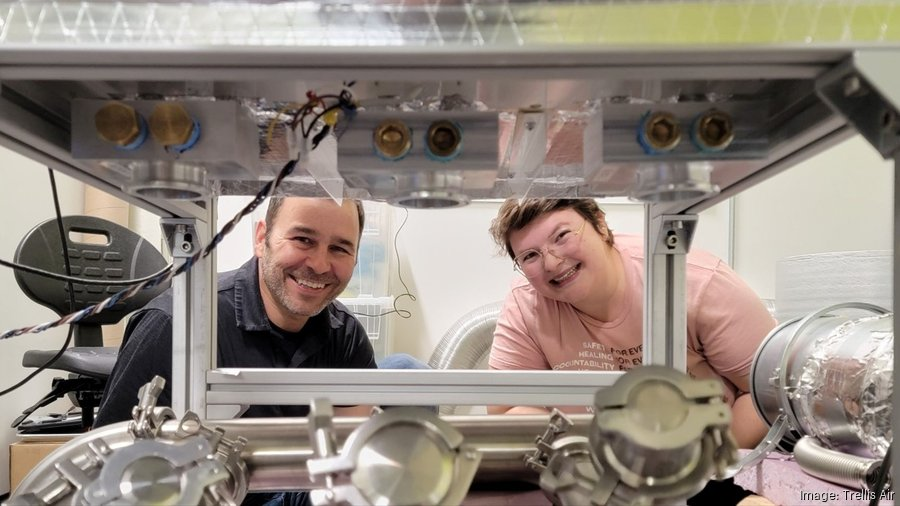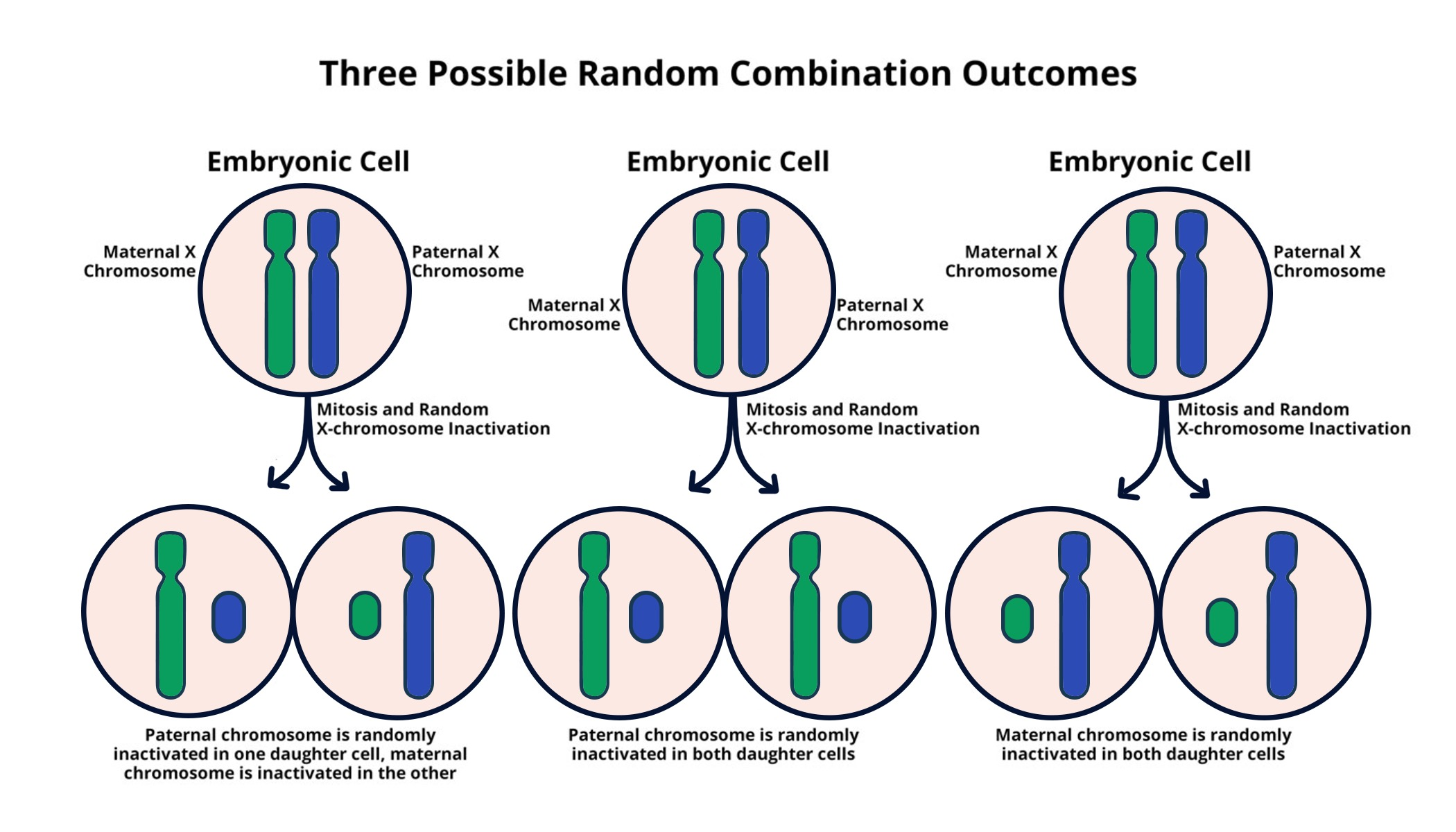Improving memory strategies is essential for anyone looking to enhance their cognitive abilities and information retention. Whether you’re trying to remember crucial details for a meeting, studying for an exam, or simply wish to recall names and faces better, effective memory improvement tips can make a significant difference. Studies in brain science reveal that understanding how memory functions allows us to adopt techniques that optimize recall. By incorporating specific memory techniques, such as visualization or the method of loci, we can enhance our mental performance dramatically. In this article, we’ll explore actionable strategies and tips for memory recall to help you remember better and improve your overall cognitive performance.
Elevating your ability to retain information is a goal many aspire to achieve, especially in today’s fast-paced world. Brain development plays a crucial role in enhancing memory retention and recall skills. Exploring various mnemonic devices and cognitive exercises can provide substantial benefits for memory enhancement. This piece will dive into practical approaches for memory enhancement, equipping you with the knowledge needed to boost your mental agility. From employing visualization techniques to engaging with memory training exercises, there are numerous ways to support your cognitive functions and recall abilities.
Understanding Memory: A Key to Improvement
Memory is a complex function of the brain that encompasses processes such as encoding, storing, and retrieving information. By understanding how these processes work, individuals can better equip themselves with strategies for enhancing memory. Science reveals that memory is not a static entity; it is malleable and can be influenced by various factors including practice, focus, and emotional state. Knowing how to leverage these factors can provide a significant advantage when it comes to recalling information in critical situations, such as during a test or a presentation.
Additionally, recent studies in brain science suggest that memory improvement tips can often revolve around physiological changes in the brain, such as growth factor release and hippocampal enlargement that can result from regular exercise. Just as physical fitness contributes to overall well-being, mental fitness through established memory techniques can sharpen cognitive capabilities. This understanding forms the basis for effective memory strategies that anyone can incorporate into their daily lives.
Improving Memory Strategies: Essential Techniques
Improving memory strategies often includes a repertoire of techniques designed to enhance recall. One effective method is the ‘method of loci,’ also known as the memory palace technique. This involves associating information with specific physical locations, thereby creating powerful visualizations that aid in the recall process. By mentally placing items along a familiar path or within a known structure, individuals can leverage spatial memory, which is often stronger than abstract recall. This strategy exemplifies how memory techniques can turn abstract data into tangible memories.
Another key approach to memory recall is the art of spaced repetition. This strategy revolves around reviewing information at increasing intervals, which solidifies it in long-term memory. It is supported by cognitive science, which indicates that frequent engagement with material leads to better retention. By incorporating these proven memory improvement tips into daily routines, individuals can enhance their ability to remember facts, figures, and even names, ultimately elevating their cognitive performance.
The Role of Sleep in Memory Consolidation
One of the most critical aspects of memory is the role that sleep plays in memory consolidation. Research shows that during sleep, the brain organizes and strengthens new memories, preventing interference and decay. This highlights the importance of good sleep hygiene as a foundational element of effective memory improvement. Not getting enough quality sleep may lead to issues with recalling information, as the brain does not have the opportunity to perform its essential maintenance work.
Moreover, quality sleep helps in emotional regulation, which is crucial for memory retention. Stress can impair cognitive function and hinder memory recall, making good sleep even more valuable. Ensuring that you get adequate rest can have a direct positive effect on how well you remember essential information, supporting the idea that better sleep equals better memory. This link makes sleep one of the key elements in any comprehensive approach to improving memory.
The Science Behind Memory Recall
Understanding the science behind memory recall is vital for anyone looking to enhance their cognitive abilities. Neuroscience has unveiled that memory retrieval is not just recalling a specific piece of information, but a complex interplay of various brain regions and neural pathways. Each time a memory is accessed, its pathway is restructured, demonstrating the dynamic nature of memory. This explains why some memories may change over time and why the retrieval process can sometimes lead to errors—a term known as memory reconsolidation.
Additionally, the impact of multitasking on memory performance cannot be overlooked. Engaging in multiple tasks simultaneously can divide attention, which compromises the ability to encode and recall information effectively. Focusing on one task at a time allows the brain to devote the necessary resources for better encoding and recall. Thus, understanding these concepts can empower individuals to implement effective practices and strategies that prioritize focused attention, ultimately enhancing their memory and overall cognitive function.
Tips for Memory Recall: Everyday Applications
There are numerous practical tips for memory recall that individuals can incorporate into their everyday routines. One popular method involves associating information with emotional meaning—a strategy that has been shown to enhance recall abilities. Emotional connections to memories create stronger neural pathways, making retrieval more effective. This is particularly useful when trying to remember names or important facts; creating a mental image or narrative around these details can scaffold your memory.
Another everyday application for enhancing memory is using mnemonic devices. These can take various forms, such as acronyms or rhymes that aid in the retention of information. They simplify complex information by breaking it into coherent, easily digestible parts, making recall less daunting. By incorporating these engaging techniques into daily life, memory recall can become a more manageable task, leading to improved cognitive performance overall.
Exercise: A Natural Memory Booster
Exercise is not just beneficial for physical health; it also plays a significant role in improving cognitive function and memory. Regular physical activity leads to increased blood flow to the brain and promotes the release of neurotrophic factors that support brain health. Studies have shown that engaging in consistent physical exercise can enhance not only memory but also overall brain volume, particularly in critical regions associated with learning and memory, such as the hippocampus.
Moreover, exercise has been found to reduce stress and anxiety, which can hinder memory recall. When the body is physically active, the brain releases endorphins that can elevate mood and promote a feeling of well-being. This holistic approach to health emphasizes that maintaining a regular exercise routine is a practical and effective strategy for anyone seeking to boost their memory skills naturally.
The Impact of Stress on Memory Function
Stress has a profound impact on memory function, often debilitating recall abilities when left unchecked. When faced with stress, the body’s fight-or-flight response can flood the brain with cortisol, a hormone that, in high levels, can impair the brain’s ability to form new memories and retrieve existing ones. This biological response can lead to moments of forgetfulness, especially during high-pressure situations such as exams or presentations.
Conversely, moderate stress can sometimes enhance memory recall by creating urgency that may help focus attention. However, this effect is short-lived, and chronic stress can lead to significant cognitive decline. Implementing stress management techniques, such as mindfulness and relaxation strategies, can create a conducive environment for memory retention and recall, underlining the interconnectedness of emotional health and cognitive performance.
Nutrition’s Role in Memory Enhancement
Nutrition plays a critical role in memory enhancement, with specific foods influencing brain health. Diets rich in antioxidants, good fats, vitamins, and minerals can nourish brain cells, leading to improved cognitive function and memory. Substances like omega-3 fatty acids found in fish, along with antioxidants in berries, have been linked to better memory and overall brain health, supporting the idea that what we consume directly affects how we remember.
Moreover, staying hydrated is essential for optimal brain function. Dehydration can lead to cognitive decline and hinder memory recall. As such, maintaining a balanced and nutritious diet, alongside proper hydration, can serve as foundational strategies for improving memory. These nutritional strategies can help anyone looking to optimize their brain’s performance and enhance memory recall effectively.
Cognitive Exercises for Memory Training
Cognitive exercises are a powerful tool for enhancing memory and improving mental agility. Engaging in activities that challenge the brain, such as puzzles, brain games, or learning new skills, can help strengthen neural connections and improve cognitive pathways related to memory recall. Cognitive training can lead to significant gains in memory retention, as these activities stimulate various brain regions involved in learning and memory.
Additionally, using cognitive exercises in tandem with other memory improvement techniques—such as visual imagery and mnemonic devices—can further amplify results. By creating a rich and engaging learning environment, individuals can enhance their capacity for memory recall, making these exercises practical and effective in a holistic approach to memory improvement.
Frequently Asked Questions
What are some effective memory improvement tips for better recall?
To improve memory recall effectively, consider integrating techniques such as spaced repetition, where you review information at gradually increasing intervals. Additionally, mnemonic devices can aid in encoding information through visual imagery, acronyms, or rhymes. Regular physical exercise and proper sleep also play crucial roles in enhancing memory by facilitating brain health and consolidation processes.
How can brain science influence my strategies for improving memory?
Brain science reveals that understanding the workings of the hippocampus and neuroplasticity can significantly enhance your memory improvement strategies. Engaging in cognitive training exercises, adopting a growth mindset, and utilizing memory techniques tailored to your learning style can optimize your brain’s capacity to retain and recall information.
What are the best tips for memory recall during studying?
To enhance memory recall during studying, implement active learning methods like summarizing, teaching concepts to someone else, and self-testing. Create a distraction-free environment, break your study sessions into manageable chunks, and use techniques like the ‘method of loci’ to make information more memorable. Additionally, proper hydration and nutrition can also impact cognitive performance.
What memory techniques can I adopt for everyday life situations?
There are several memory techniques you can adopt for everyday life, including: using visualization to associate names with images, practicing chunking of information (like phone numbers), and implementing the memory palace technique to organize and retain complex information. Consistent practice with these methods will lead to significant improvements in your ability to remember daily tasks and interactions.
How does exercise contribute to memory improvement?
Exercise contributes to memory improvement by promoting neurogenesis—the birth of new neurons—in the brain, particularly in the hippocampus, which is crucial for memory formation. Aerobic activities can enhance cognitive function and concentration, making it easier to learn new information and recall it when needed. Aim for regular physical activity to boost both mental and physical capacities.
Why is sleep important for memory improvement and recall?
Sleep is vital for memory improvement because it facilitates memory consolidation, where short-term memories are transformed into long-term ones. Sufficient sleep enhances cognitive functions, making it easier to encode and retrieve information effectively. Practicing good sleep hygiene and ensuring adequate rest each night can significantly bolster your memory performance.
What should I avoid when trying to remember better?
To optimize your memory, avoid multitasking, as it divides attention and impairs retention. Additionally, steer clear of high-stress situations that can hinder cognitive processes. It’s also beneficial to limit distractions from technology and social media while trying to focus on memory tasks or studying.
| Question Number | Memory Improvement Question | Correct Answers |
|---|---|---|
| 1 | You’re more likely to master a new skill, such as playing tennis, if you practice: | One hour a day for seven days |
| 2 | Six weeks of exercise can do which of the following? | All of the above |
| 3 | Which of the following images is a real penny? | B |
| 4 | Each time we retrieve a memory, can we subtly change it? | True |
| 5 | We can thank research by George Miller for the length of: | Phone numbers |
| 6 | Memory and performance degrade while multitasking. Which type is more difficult? | Two verbal tasks at once |
| 7 | When trying to remember an acquaintance’s name, avoid: | Thinking about names that might be theirs |
| 8 | You’ve been studying for hours and… sleeping helps free up capacity. True or false? | True |
| 9 | Which substances impair memory? | Cannabis |
| 10 | The ”method of loci” involves: | Associating with major landmarks |
| 11 | When stressed, does your fight-or-flight response help recall? | True |
Summary
Improving memory strategies can significantly enhance your ability to recall crucial information when needed. Techniques such as consistent practice, exercise, and proper memory techniques like the method of loci are directly linked to boosting memory function. Engaging with multi-modal activities, getting adequate rest, and managing stress effectively also contribute to better memory performance. By applying these strategies, individuals can optimize their cognitive abilities and retain information more efficiently.









